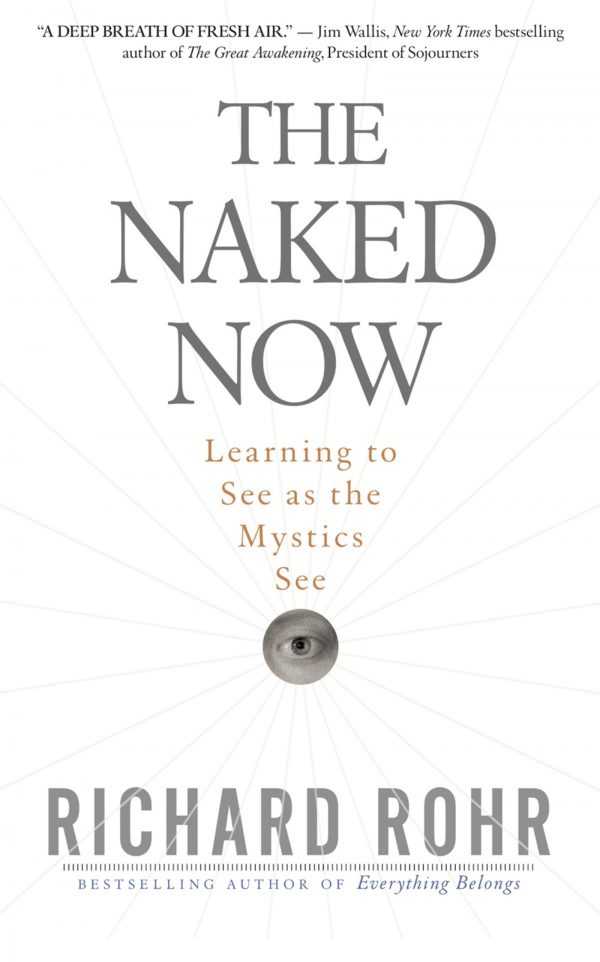Rohr Richard (Author)
Richard Rohr is a well-known lecturer who founded the Center for Action and Contemplation. He has been a featured essayist on the NPR program This I Believe, was a guest on the radio show Oprah and Friends, and appeared in the documentary ONE, featuring spiritual teachers from around the world. He is a regular contributor to Sojourners and Tikkun magazines, and he is the author of numerous bestselling books, including Adam's Return, The Enneagram, Everything Belongs, and The Naked Now. He lives in Albuquerque, New Mexico.


